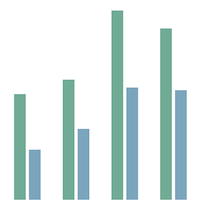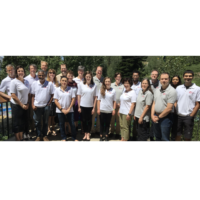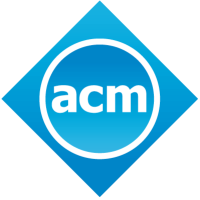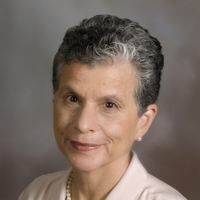
Does Having a Terminal Master’s Degree Prior to a Ph.D. Boost Publication Rate?
Among doctoral students, those with a terminal master’s degree are twice as likely to have first author journal publications than those without a terminal master’s degree. They are also approximately 1.5 times more likely to have first author refereed conference papers, and co-authored journal publications and conference papers.












